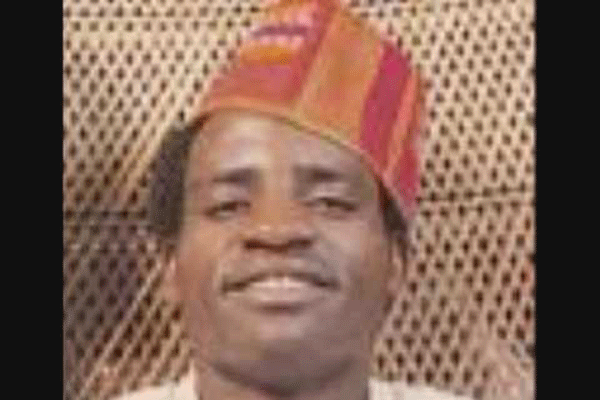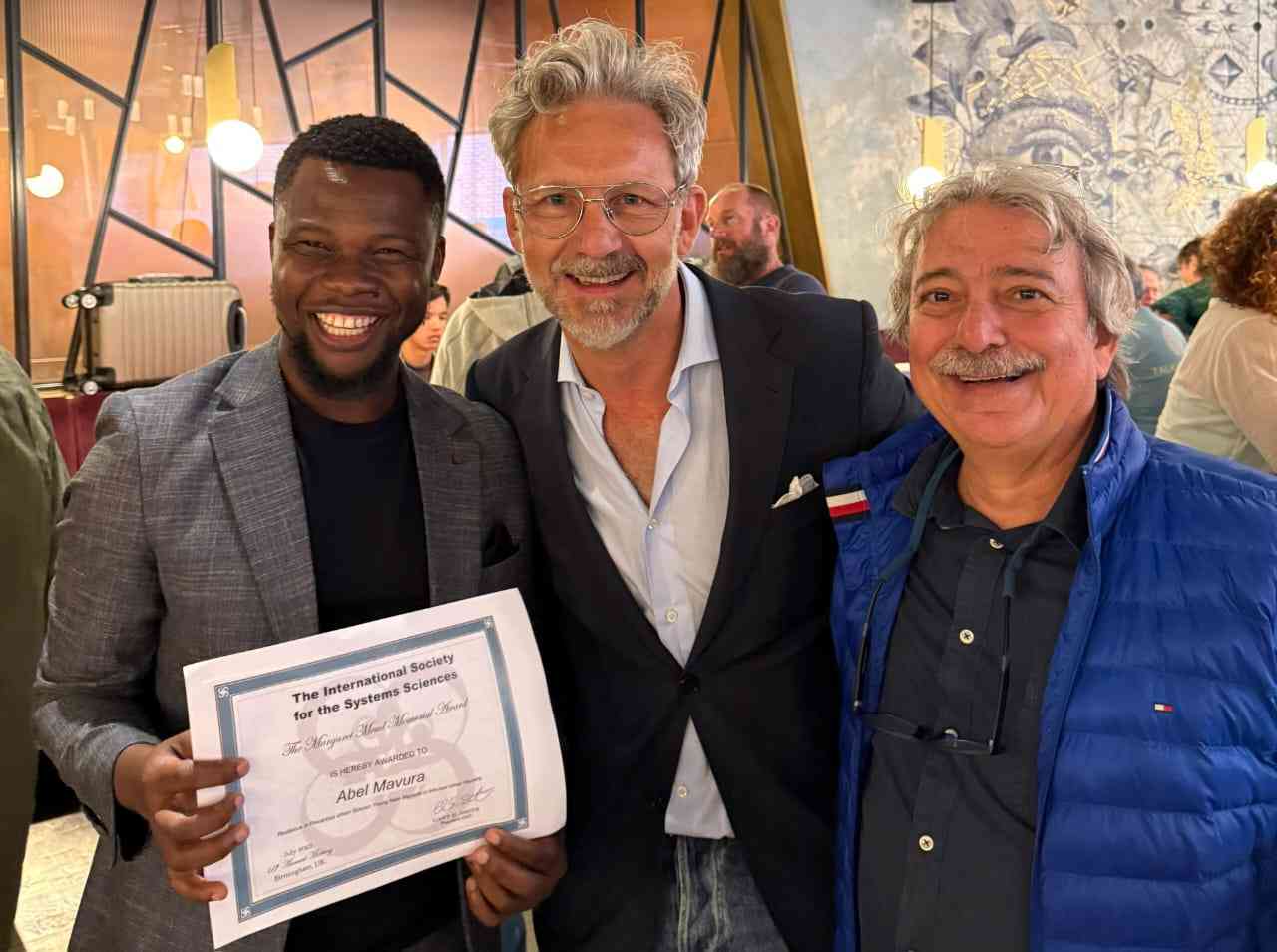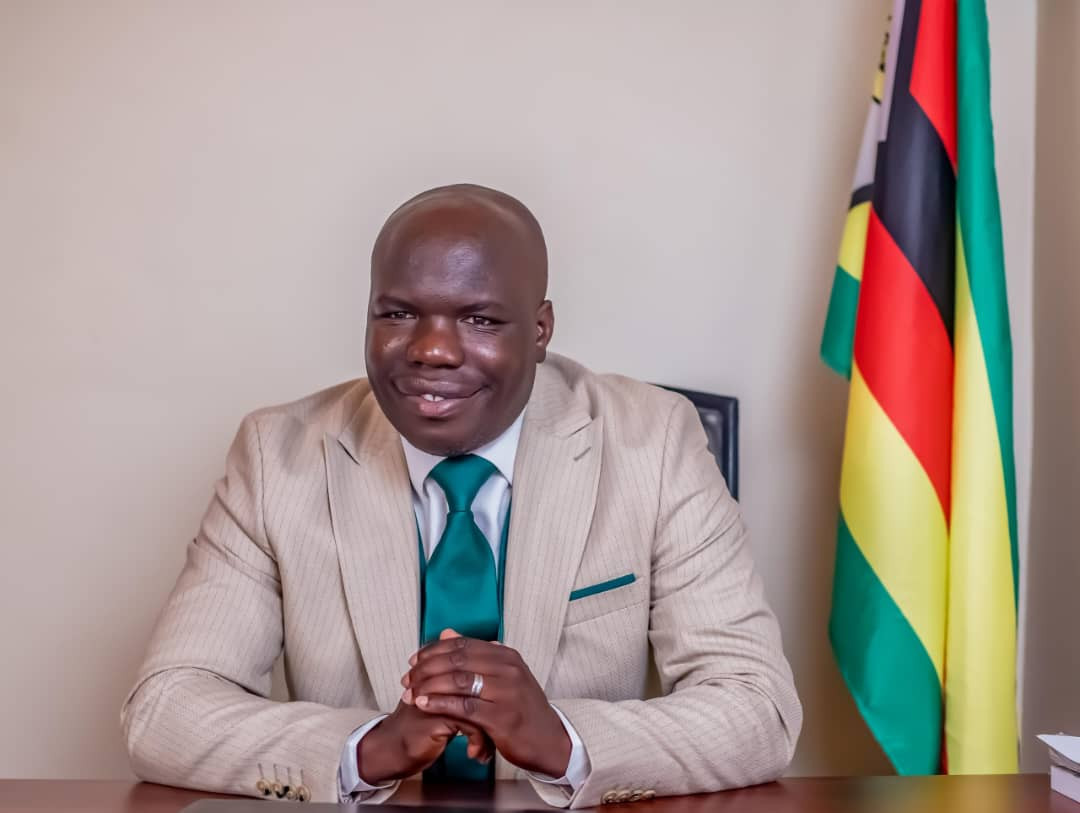
Back in the 1990s, as a little boy growing up in the dusty Chandavengerwa Village near Shamva, the only access I had to music was a portable Trident single speaker radio.
Tapiwa Zivira VIEWPOINT
As the youngest, I, unfortunately, did not have as much access to this treasured asset given that my three elder brothers wanted their fair share of playing their favourite music on audio cassettes. My mother — a war veteran — loved to listen to her favourite programmes on the then Radio Two, and she particularly loved the afternoon music request show, Kwaziso while every Tuesday night, she sent us off to sleep whenever the jingle “Wotopfuhwira zvese nembwa dzose..” started playing.
I later learnt the jingle was an opener to the adult radio programme, Chakafukidza Dzimba Matenga where marital issues were discussed.
Left with little access to the radio, or often forced to listen to English songs that my brothers played, I found a new plan to entertain myself.
With the local growth point, Rutope, or rather paMusiiwa, located just across the main Shamva Road from our homestead, my ears had very good access to the music that played at the popular night clubs, the most notorious one being Dambatsoko, which at the time was a hub of all forms of debauchery, and it remained open till the early hours.
It is therefore at Dambatsoko that I first listened to some of the 1990s golden hits that included Khiama Boys’ Ruregerero, Leonard Zhakata’s Mugove, Leonard Dembo’s Mazano and John Chibadura’s Mudiwa Janet, among many other songs that the great musicians of the old days produced.
In the afternoon, I would sit under the mango tree that faced the shops and was strategic to give me the best of the sound of music playing at Dambatsoko, while at night, as others snored, I often remained awake, listening on from the discomfort of the floor that I slept on.
- Chamisa under fire over US$120K donation
- Mavhunga puts DeMbare into Chibuku quarterfinals
- Pension funds bet on Cabora Bassa oilfields
- Councils defy govt fire tender directive
Keep Reading
The sad part is that I often failed to get the full lines of the songs and I ended up catching only bits and pieces of the lyrics and among those, there were these two songs I liked very much.
The first one was Kuteerera Ndaiteera and the other was Ndafunga Kumatenga.
I never knew who had done these and many other songs I listened to at Dambatsoko, but I enjoyed them, and this is when my love for sungura music was born.
More than two decades later, with nostalgia catching up with me, I embarked on a journey to get as much of the songs that I listened to at Dambatsoko back in Musiiwa.
This was in 2010 when the digital spaces were opening up and one could get details of a musicians’ dischography, or song on the internet by just typing key words. Away from the digital arena, music was now available on CDs.
So, I assumed it would be an easy task finding my favourite tunes of the old days by just searching for them on the internet using the little information I had, or by visiting local music stores where I would get help to identify the songs.
I was wrong.
For many musicians, who included Mufakose Express who did the famous Kumatenga and Blues Revolution who played my favourite Kana Ndoramba Mukadzi, Akimbo Brothers of the Masawu Kugombe fame, among others, there was virtually no information about them and no matter how much I searched the internet using the skeletal information that I had, there were no results.
In the end, I had to post on Facebook asking my friends to give me either more information, or copies of the songs, and some were friendly enough to furnish me with information, or the actual songs.
Desperate for more, I found a new avenue.
I heard from a friend that Grammar, one of the then biggest music production houses of the day, had opened a shop in the city.
I rushed there and good enough for me, I found copies of some of my favourite good oldies.
But sadly, the quality was pathetic for most of the tracks, which had been ripped from Vinyl records of cassette tapes onto CDs.
All this tough journey to find my favourite music — one that I believe many Zimbabweans go through to find local music from old days — would have been made easy had the production houses, the musicians and key music rights institutions woken up to the fact that music, like any other work of art, needs preservation.
In the old days, before the digital tide came, master copies and other music was stored mostly on cassette tapes and for one to access that music, they had to go physically to the studios and have the music copied on to other cassettes, or converted to CD format.
With the digital revolution happening fast, our recording studios and musicians remained asleep, and held onto their music on vinyls or cassettes, depriving many Zimbabweans who looked for it either on CDs or the internet.
Worse still, there was no digital database of musicians’ biographies and one had to rely on visiting newspaper libraries, a feat that seemed unhelpful.
Notably, however, one of Zimbabwe’s prolific writers, Wonder Guchu, now based in Namibia, has made great efforts to literally type newspaper articles detailing his interactions with some of Zimbabwean musicians and he has put these on his blog, which is so far one of the few platforms where information about some of Zimbabwe’s musicians can be found.
With such a scarcity of information, some bands of the 80s and 90s like Mufakose Express, Blues Revolutions, Metro Stars, Masvingo Stars and Chamunorwa Nebeta’s Glare Express, among many others, died or disbanded with their music and biographies.
In other words, a lot of Zimbabwean old music has remained buried under the cloak of the past and it may be a little too late to retrieve it as some records might have been destroyed, or the master copies are not available anymore.
The situation is made worse by the fact that many of the few living members of bands of the old days are living in poverty so abject they cannot even afford to travel to recording studios and try to access their old music. There are also very little efforts to remarket the old classics.
To make this worse, the skewed contracts musicians signed may not even allow them access to their own music and recording studios will hold onto them into obsolescence.
I believe the biggest responsibility lies with those holding onto master copies of music — particularly recording studios — to dust it up and convert it to digital and preserve it on cloud platform and also put it out there on the market.
That said, we might as well swallow the fact that not all the great music we enjoyed in the old days can be found anywhere anymore, but it is now upon the current musicians, recording studios and musicians and music rights associations, biographers, band managers and all relevant people to ensure they adapt to new trends and formulate ways of preserving all the music that we have and give out as much information as they can about themselves.
Want to comment on this story? Email [email protected] Twitter @tapiwazivira or Facebook fb.com/tapiwazivira











